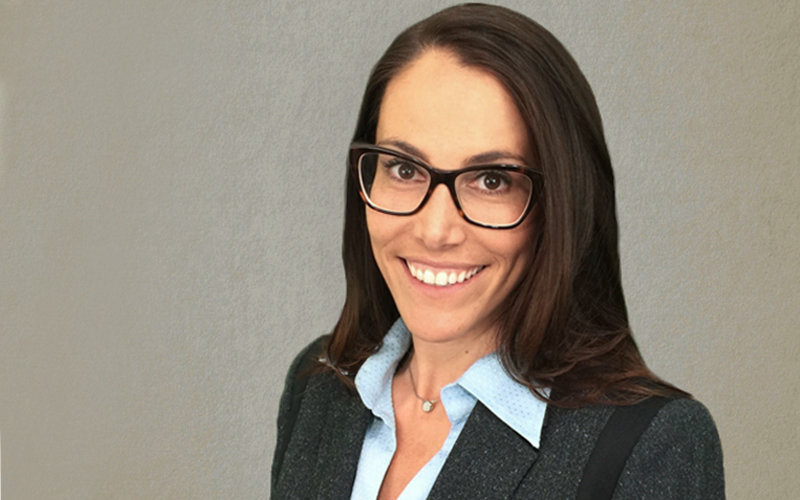
A joyful encounter teaching a student with autism kindled Sasha Zeedyk’s desire to better understand the disorder’s effects on children and families.
Joining Cal State Fullerton as an assistant professor of child and adolescent studies this fall, Zeedyk holds a master of education degree in elementary education from George Washington University and a doctorate in special education from UC Riverside.
What inspired you to go into the field of child and adolescent studies?
I began my career working with children as an elementary school teacher. At the start of my first year, I had a student with high-functioning autism placed in my second-grade class. I was terrified. I knew virtually nothing about autism; I was only trained to teach general education.
That “fear” turned into great love and support for my student and his family. I learned a great deal from them and developed my own strategies for working with children on the autism spectrum. He remains the most interesting and amazing kid that I have ever had the opportunity to work with. It is because of him that I was inspired to study families of children with developmental disabilities.
What are your research interests?
My research is focused on the social and behavior skills of youth with autism spectrum disorders and intellectual disabilities across the course of development. In particular, I am interested in understanding how behavior problems and social skills relate to social, mental health and academic outcomes for these youth, as well as how these skills impact their parents’ psychological well-being.
How do you engage students in your classes and/or research?
I aim to engage students in class by incorporating activities that appeal to many different learning styles. I also try to integrate research and real-world examples so students can draw meaningful connections. I look forward to involving students in my own research here at CSUF by providing opportunities to engage with families and children with developmental differences through interviews, observations and quantitative methods.
Additionally, I have research interests in understanding experiences and outcomes for college students with autism. In line with this, I hope to have the opportunity to work with this group of students on campus.
What changes do you envision in your field five years from now?
I envision an increase in research focused on biological/genetic factors related to the development of autism. Given that my own research focuses on behavior, I hope that researchers in the field will begin to bridge the separation between biological and behavioral research. This collaboration will surely lead to better outcomes for affected children and their families.
Name one thing you do to stay healthy.
Boot camp.
See the complete list of new tenure-track faculty members joining CSUF this fall.